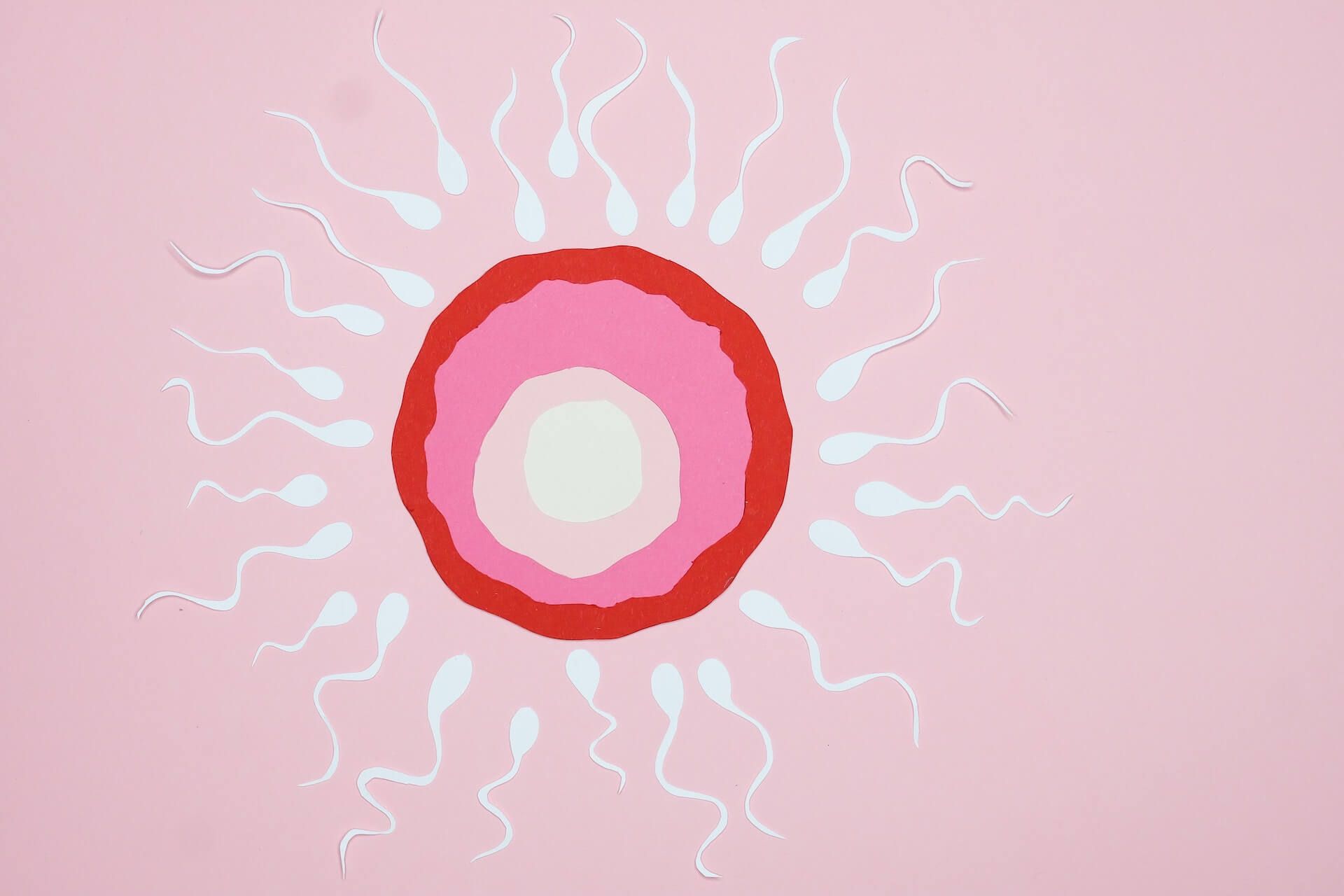What is CMV (Cytomegalovirus)? And Will it Affect Your Pregnancy or Your Baby?
If you are looking to use donor sperm for fertility treatment, you have probably come across the term CMV status (to be CMV positive or CMV negative) when browsing through our donor profiles. In this blog post, you can learn what CMV is, why CMV status matters for individuals or couples considering donor sperm, and how it may affect you or your baby if you get the virus.
What is CMV (Cytomegalovirus)?
Human cytomegalovirus (HMCV, often known as CMV) is a common virus that can infect people of all ages. CMV can be passed and contracted via bodily fluids - such as kissing or intercourse, and it is not possible to vaccinate against it. Most healthy individuals who become infected with CMV may not experience any noticeable signs and symptoms of CMV at all, as the virus often remains dormant or causes mild flu-like symptoms. However, for people with CMV it remains latent in your body, with little risk of getting reactivated.
What is CMV Status?
A CMV Status can be either positive or negative, and you have probably come across those terms in our donor profiles. We accept both CMV negative and CMV positive sperm donors as long as their test for CMV show that they have no current infection.
CMV Positive: This means the sperm donor has been exposed to CMV and has developed antibodies against the virus. Although the donor did have CMV before, the virus is not active and not likely to be passed on to others.
CMV Negative: This indicates that the sperm donor has not been exposed to CMV or does not have detectable antibodies against the virus.
Why Do We Test Our Donors for CMV?
We screen all our donors for a variety of viruses and genetic disorders, including a check for CMV. While the risk of getting CMV via donor sperm is considered extremely low - and not confirmed – CMV-negative women may prefer sperm from CMV-negative donors because these women are at higher risk of contracting the infection during pregnancy. However, we recommend that you talk to your doctor or fertility specialist to discuss CMV and your own CMV screening before deciding whether to factor this into your donor choice.
CMV Infection During Pregnancy
CMV infections are typically harmless. However, if a woman gets a primary CMV infection - or in rare cases, a reactivation – during a pregnancy, there is the risk of transferring the virus to the foetus. In the majority of cases, if a baby is born with cmv this does not affect the baby’s health. However, complications may arise in very rare cases.
If you are about to choose a sperm donor for fertility treatment and have concerns about CMV, it is recommended that you speak with your doctor for advice and have yourself screened to see if you are a carrier of the CMV virus yourself. If you are CMV positive, you have built up immunity to the virus, reducing the potential risks associated with CMV transmission. However, if you are CMV negative, there is a theorethical slightly higher risk for you to contract the virus or pass it on to your baby if you pick a CMV positive donor.
You can read much more about our extensive screening processes here.
Other blog posts











